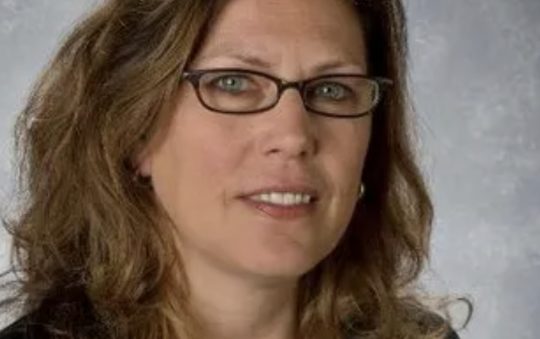
As African Americans are largest group of sufferers of chronic conditions like diabetes, heart disease and kidney disease, Dr. Cozzette Lyons-Jones, president-elect of the Association of Black Women Physicians is urging them to be more vigilant during the COVID-19 crisis. She has noticed, she said, the complacency among community members in regards to the pandemic. But complacency is dangerous, said Jones and can cost many lives.
“It saddens me to think of the vulnerable position [complacency] puts black and brown men, women and children in when they do not understand the vital need to adhere to preventative measures to mitigate the spread of this disease,” Lyons-Jones said.
“We are the population described as ‘high risk’ … It’s not just about traveling abroad to hot spots or being over the age of 60, but the baseline poor health of African Americans is the kink in the armor of invulnerability in our community.”
Currently in L.A. County there are over 2400 cases of the virus and 44 people have died. There is no current vaccine against the disease, though Johnson & Johnson said they could have one ready early next year. The only prevention right now is through rigorous hand washing, social distancing and isolation.
The losses “will be devastating,” said Lyons-Jones, if people do not comply.
“Even worse, given the fact that medical equipment such as ventilators are at a premium, we are at risk of rising deaths due to barriers to accessing quality and culturally unbiased health care…”
Early on, Jones said that medical personnel were rationing test kits.
“And, who is likely not to get tested,” she pointed.
“So, that’s my concern is that [just because] we don’t see the numbers being projected in the news doesn’t mean it’s not in our community, we’re just not getting tested. ”
Social isolation and social distancing are very important, Lyons-Jones reiterated.
“In the face of the resources that we have, you’re looking at the capacity of the health care community to absorb the number of cases that are going to require those resources that are available.,” she said.
Meanwhile, lawmakers in Washington are urging the Department of Health to collect and analyze data that would tell how the disease is being addressed along racial and ethnic lines. Currently, no such data exists, they said.
“Without demographic data, policy makers and researchers will have no way to identify and address ongoing disparities and health inequities that risk accelerating the impact of the COVID-19 pandemic,” lawmakers including senators Kamala Harris and Cory Booker said via a letter to the Department.
“Other socioeconomic factors may exacerbate racial disparities in COVID-19 outcomes. Low-income people are more likely to have many of the chronic health conditions that experts have identified as risk factors for complications from COVID-19, and people of color are more likely to fall below the poverty line, work in low-wage jobs, and have fewer financial resources to draw upon in times of emergency. Additionally, unemployment, food insecurity and unstable or substandard housing conditions may further perpetuate disparities in health outcomes for people infected by the coronavirus, especially in low-income communities of color. A history of discrimination and marginalization has also left some people of color distrustful of the medical system, making them less likely to seek out timely care. These factors may all combine to accelerate the effects of the outbreak in the most vulnerable communities.
“Any attempt to contain COVID-19 in the United States will have to address its potential spread in low-income communities of color, first and foremost to protect the lives of people in those communities, but also to slow the spread of the virus in the country as a whole,” wrote the lawmakers.







